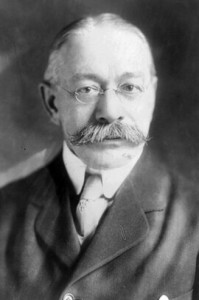Seventh Circuit Affirms Life Sentence Notwithstanding Supreme Court’s Recent Eighth Amendment Decisions
From the time of its decision in Harmelin v. Michigan (1991), affirming a mandatory sentence of life without parole for a drug trafficking offense, through its decision in Ewing v. California (2003), affirming a de facto life sentence for shoplifting, the Supreme Court showed little interest in using the Eighth Amendment Cruel and Unusual Punishments Clause as a basis to limit the length of prison sentences. More recently, however, the Court has begun to extend the principles it developed to regulate capital sentencing into the noncapital realm. First, in Graham v. Florida (2010), the Court banned life without parole for juveniles not convicted of homicide. Then, in Miller v. Alabama (2012), the Court banned the use of mandatory “LWOP” sentences for all juveniles — even those convicted of homicide.
The Court’s trajectory seems to threaten Harmelin. Even if the logic of Graham permits LWOP for drug trafficking, the logic of Miller arguably requires a consideration of mitigating circumstances before the sentence can be imposed — prohibits, in other words, LWOP as a statutory minimum for a drug offense.
While the Supreme Court might eventually reach this destination, the Seventh Circuit has decided not to try to get there first.

